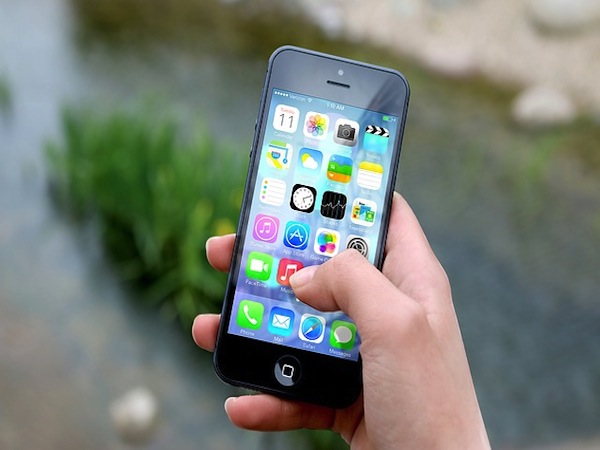Owning a smartphone is a social norm for most young people, but teenagers who aren’t as connected with technology may be falling behind.
A new report by Pew Research Center shows 88 per cent of US teens have access to a mobile phone. Of these, 73 per cent own a smartphone and 15 per cent own a basic mobile phone.
By examining the online participation of those who own just a basic phone, the report states a new “digital divide” may be evolving, which also impacts the 12 per cent of teenagers who don’t have access to a mobile phone at all.
That time I don't even own a smartphone.. Need to get my life in order.
— LeungoM (@Mcalister10) May 11, 2015
I feel bad for ppl that don't have a smartphone
— lil baby (@LinaVanityx0) May 7, 2015
The report suggests low-income teens are unable to participate in the same social conversations as their wealthier peers due to a lack of technology.
“Teens from higher income families and households where parents have higher levels of education attainment are among the most likely to own a smartphone,” the report states.
The report suggests that teenagers in wealthier households are more likely to prefer smartphone applications such as Snapchat and Instagram, whereas teenagers from low-income households are more likely to own a basic mobile phone without access to applications.
Facebook remains a popular platform, however, particularly with low-income users.
Only 31 per cent of teenagers in wealthier households who earn more than $100,000 were found to use Facebook often, compared to 50 per cent of teens in households earning less than $30,000.
The report suggests the website is popular among lower-income teenagers because it can be accessed from any computer, not just the smartphone app.
But not everyone feels obligated to purchase a smartphone in order to maintain a social network.
Thomas Miller* tells upstart he’s happy with his old mobile phone and chooses not to upgrade.
“I don’t really like to be contactable all the time,” he says. “I don’t like to use the Internet or apps like Facebook on my phone.”
https://twitter.com/AngelaScine27/status/597559346453700608
https://twitter.com/noloveinsevilla/status/584125243406417920
Although teenagers’ access to social media may not seem terribly concerning, the report suggests the bigger problem lies in the form of digital inequality.
Young people become more fluent and comfortable with technology through digital and networked media, allowing them to keep up with the social norms of our time.
Whether it’s running a LinkedIn account or learning how to code a website, young people who lack digital fluency are often thought to be a step behind their more technologically-advanced peers.
Miller doesn’t consider himself to be disadvantaged and describes technology as an “invasion” in his life.
“I find it really distracting when I just have a computer, I kind of get sucked into them and I don’t want to bring that into the rest of my life,” he says.
“I’m sure you could argue people like me are disadvantaged because we can’t do things as easily as other people. Maybe some jobs require a smart phone but, for me, it’s definitely a choice.”
Miller says some of his friends “have tried to offload their used smartphones onto him” but he has always declined the offer.
“I realise there are pros and cons to having a smartphone but I chose not to have one, so I wouldn’t consider it a disadvantage,” he says.
The increasing price of smartphones could cause further expand the digital divide.
Addressing this inequality may stop those who cannot afford, or simply do not want, a smartphone from being left behind.
 Tijan Biner is a third-year Bachelor of Journalism student at La Trobe University. You can follow her on Twitter: @tijanb.
Tijan Biner is a third-year Bachelor of Journalism student at La Trobe University. You can follow her on Twitter: @tijanb.
*Names altered for anonymity.






